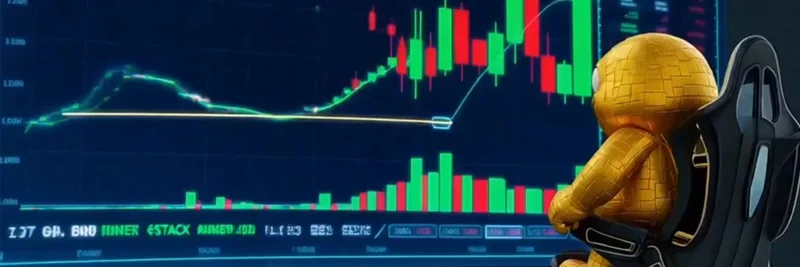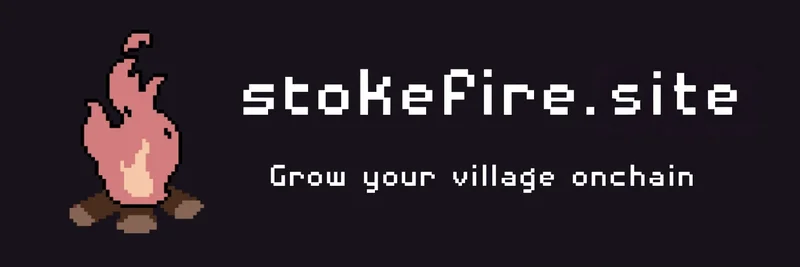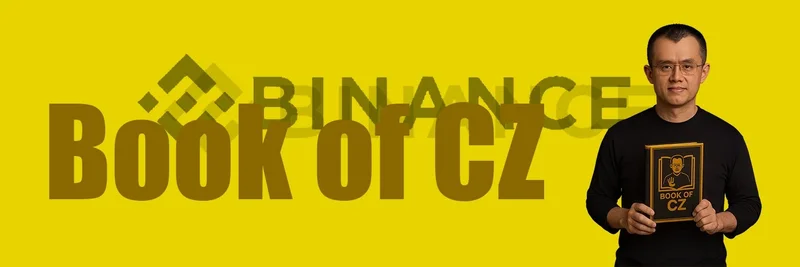Hey there, crypto curious! If you’ve been scrolling through X lately, you might have stumbled upon a thought-provoking post from Wei Dai (@_weidai), a name that resonates with blockchain pioneers. On June 27, 2025, Wei dropped a gem that’s got the community buzzing: "Economic security is not a meme. Overpaying for it is. (For systems with slashing)." This concise yet loaded statement has sparked a flurry of reactions, and today, we’re breaking it down for you—meme token lovers and blockchain pros alike.
What’s Wei Dai Getting At?
First off, let’s unpack the man behind the tweet. Wei Dai is a legendary figure in crypto circles, known for creating b-money, a concept that laid groundwork for Bitcoin. So when he speaks, people listen. His tweet seems to draw a line between the value of economic security—keeping a blockchain network safe and stable—and the pitfalls of paying too much to achieve it, especially in systems that use "slashing."
For those new to the term, slashing is a mechanism in proof-of-stake (PoS) blockchains. It’s like a penalty system where validators (the folks securing the network) can lose a chunk of their staked crypto if they mess up—think double-signing blocks or going offline. The idea is to keep everyone honest. Wei’s point? Economic security is crucial, but if you’re shelling out more than necessary to enforce it, you might be throwing money away.
The Thread That Followed
The X thread under Wei’s post is a goldmine of opinions. Mesh Clans chimed in with a cheeky "paying extra just to feel safe lol," echoing the overpaying critique. Others, like Dr. DOOM, threw a curveball with "b-money?"—a nod to Wei’s roots. Meanwhile, Hana Watanabe compared it to investing in dividend stocks, highlighting the balance between risk and reward. The real meat came from gemsmorro, who asked: "Slashing bounds the cost of attack - not the validator reward. How do you define 'overpaying' in this context?" This question digs into the economics of slashing—does the penalty system justify the cost, or are networks overcomplicating it?
Some replies leaned humorous, like matt_bitcoin’s quip about chains "paying for vibes and uptime screenshots." Others, like ladydegenz, raised a head-scratcher: what happens if half the network wants to slash the other half? It’s a wild scenario that hints at the governance challenges in PoS systems.
Why This Matters for Meme Tokens and Beyond
At meme-insider.com, we’re all about the latest in meme tokens and blockchain tech. While Wei’s tweet doesn’t mention meme coins directly, the implications hit close to home. Many meme token projects run on PoS blockchains like Ethereum or Solana, where slashing is a big deal. If networks are overpaying for security, it could mean higher fees or diluted rewards—stuff that affects token value and staking incentives. For meme token holders, this is a signal to watch how their favorite projects manage validator costs.
Take Ethereum 3.0, for instance. Recent upgrades (as noted on markaicode.com) have tightened slashing rules, impacting stakers. Overpaying here could mean less profit for validators, which might trickle down to token prices. It’s a domino effect worth tracking!
Breaking Down "Overpaying" in Slashing Systems
So, what does overpaying look like? Imagine a validator staking 100 ETH to secure a network. If the slashing penalty for a mistake is 10 ETH, but the network demands 20 ETH in rewards to attract validators, that’s inefficiency. Wei seems to suggest finding a sweet spot where security is solid without breaking the bank. The crypto.com explanation of slashing backs this up—penalties should deter bad behavior without choking the system’s economics.
For blockchain practitioners, this is a call to optimize. Are current slashing models too harsh? Could lighter penalties with better monitoring (like Lido v3’s tools) cut costs? It’s a puzzle that could shape the future of PoS networks.
What’s Next for Crypto Security?
As of 06:34 AM JST on June 29, 2025, this debate is heating up. Wei’s tweet is a spark, and the community’s responses show a mix of skepticism and curiosity. For meme token fans, keeping an eye on slashing economics could be key to spotting undervalued projects or avoiding overhyped ones. For devs, it’s a challenge to balance security and cost—maybe even a chance to innovate new models.
What do you think? Is economic security worth the price tag, or are we all just chasing a meme? Drop your thoughts in the comments, and stay tuned to meme-insider.com for more crypto deep dives!




